Description
Ironically, research has shown that although people feel a sense of pride and satisfaction when they outperform others, some tend to experience a lot of discomfort knowing that they’re better than everyone else.
Some might think that all people want boundless success in their professional life. Who would want to refuse a promotion or turn back when on the brink of stardom? The truth is that many people do. In fact, some of may even sabotage themselves from attaining success by being afraid to take risks, attributing previous successes to luck, or by setting goals so unrealistic that they could never achieve them. There could be many reasons behind these conscious or subconscious actions. A person may find himself/herself unwilling to uproot his/her family for a job, or reluctant to take on the extra responsibilities that often come with success. In extreme cases, some may even have a fear of success.
Besides a fear of success, there are other things that can negatively impact a person’s likelihood for accomplishment. Many people have an extreme fear of failure, often as a result of strict achievement standards set by parents and harsh criticism when such standards weren’t met. As a result, they internalize these strict standards and often grow up with an excessive fear of making a mistake, being criticized, or losing other people’s approval.
People have also been known to fear the social consequences of success. Research has shown that many people who outperform others will downplay their achievements so as not to make those around them feel jealous or inferior. Being more successful than others can leave a person feeling alienated or stigmatized; surpassing friends, classmates, colleagues, or even family can be a particularly harrowing experience for some. Low self-esteem, a lack of ambition, and the belief that success is due to external sources rather than hard work, skills, and talent can also have a significant impact on an individual’s potential for success.
The goal of the Success Likelihood Test is to the candidate’s potential for success and the obstacles that could be holding them back. Although there are many people and external elements that could get in the way, ultimately, it is up to them to decide whether to climb that ladder, and how far.
Purpose: SLPro – R2 will assess whether there are any potential psychological obstacles that could limit an individual’s likelihood for success.
Vitals
No. of questions: 44
Question type: Self-report
Estimated completion time: 10 minutes
Shorter versions of assessment: N/A
Recommended age level: 18+
Qualification Level: Class A
Compliance: APA standards; EEOC standards (gender, age, disability)
Validation Information:
● Sample Size: 1045
● Cronbach’s Alpha: 0.92
Features
Benchmarks: Available (general population and 25 industries)
Interview Questions: Available
Group Comparisons: Available
Report Includes:
● Summary
● Introduction
● Graphs
● Detailed narrative interpretation
● Strengths and Limitations
● Advice
Factors and Scales:
Overall Score plus 6 scales:
● Fear of Success/Success Avoidance: Assesses whether a person has the tendency to walk away from opportunity, and the degree to which he/she fears the potential repercussions of success.
● Fear of social consequences of success: Assesses whether a person fears other people’s potential reactions to his/her success.
● Fear of Failure: Assesses attitude towards failure and the degree to which a person fears the potential consequences of it.
● Drive/Ambition: Assesses whether a person sets goals for himself/herself and has the determination and willingness to achieve success.
● Self-esteem: Assesses whether a person believes in himself/herself an in his/her abilities.
● Sense of control over success potential: Assesses whether a person attributes success to internal or external forces.

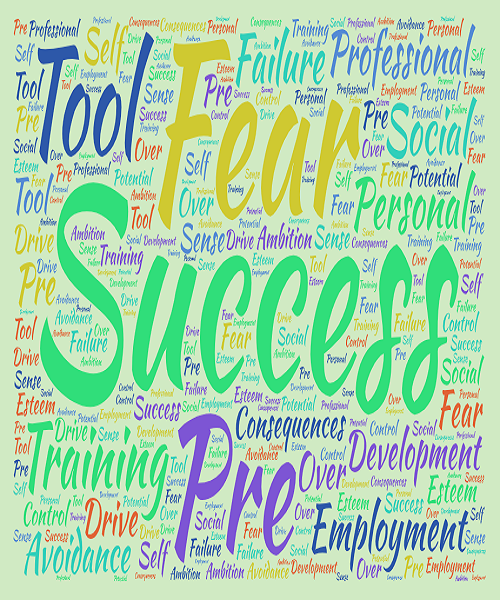
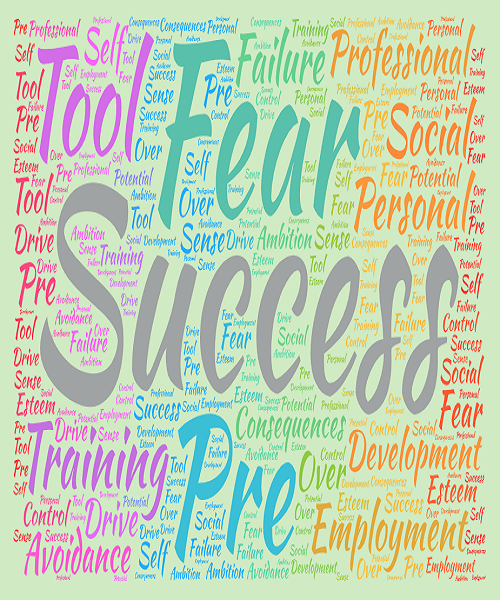
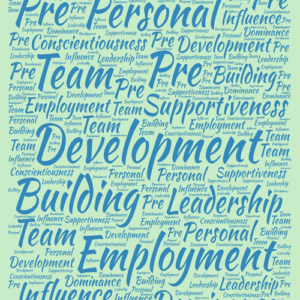
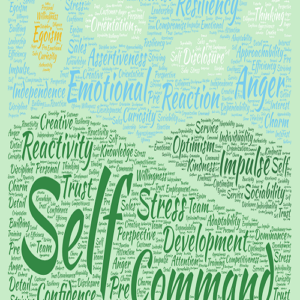
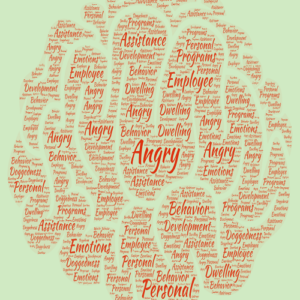
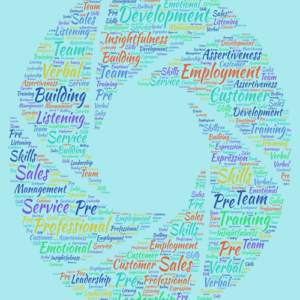
Reviews
There are no reviews yet.